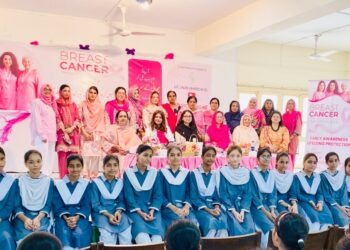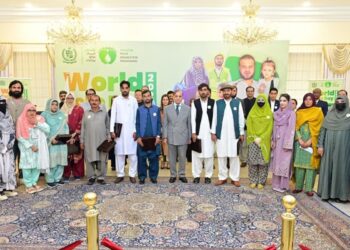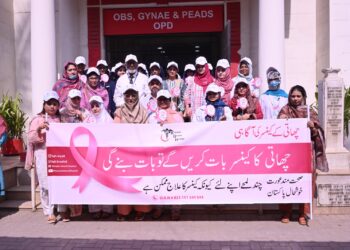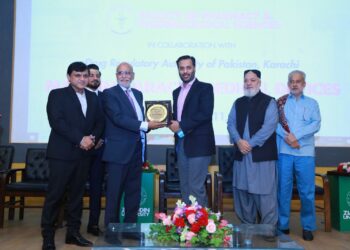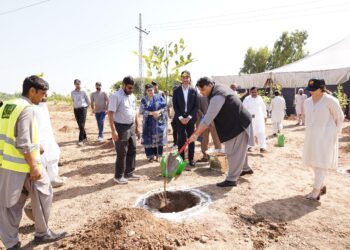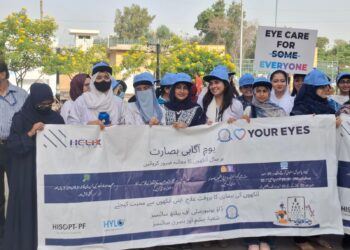Afshan Ahmed
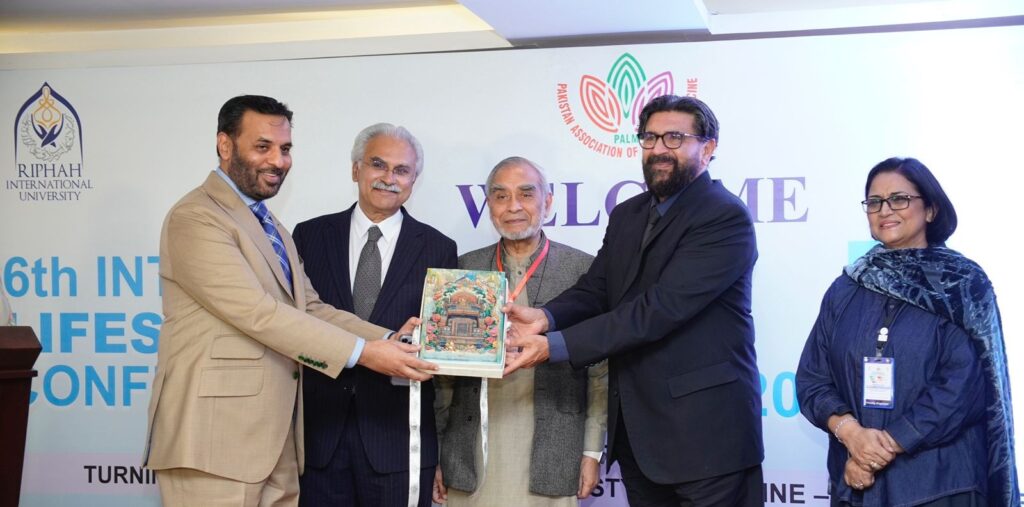
Islamabad: The 6th International Conference on Lifestyle Medicine (ICLM 2025) opened in Islamabad on Friday, bringing together global health leaders, clinicians, and researchers to advance the movement toward preventive and compassionate healthcare.
Jointly organized by the Pakistan Association of Lifestyle Medicine (PALM) and the Riphah Institute of Lifestyle Medicine (RILM), the three-day summit—held at the Highland Country Club & Resort—revolves around the theme “Turning the Tide on Non-Communicable Diseases: A Whole-Person Approach.”
The conference gathers national and international experts committed to combating non-communicable diseases (NCDs)—the world’s leading cause of death—through evidence-based lifestyle interventions that prevent, treat, and in some cases, reverse chronic illnesses.
The opening ceremony was attended by Syed Mustafa Kamal, Federal Minister for National Health Services, Regulations & Coordination, and Dr. Rizwan Taj, President of the Pakistan Medical & Dental Council (PMDC), along with senior representatives from the World Health Organization (WHO) and leading universities.
“Lifestyle Medicine is not an alternative—it is the foundation of sustainable healthcare,” said Dr. Beth Frates, Chair of RILM and a global pioneer in the field. “Through science, compassion, and collaboration, we can redesign healthcare to help people live longer, healthier, and more purposeful lives.”
Highlighting the government’s focus on preventive health, Minister Mustafa Kamal said Lifestyle Medicine offers a clear framework for a healthier future.
“We must move from a ‘sick care’ system to a ‘health care’ approach. Lifestyle Medicine provides the path forward,” he emphasized.
Reflecting its “whole-person” philosophy, ICLM 2025 integrates science with wellbeing—featuring plant-based meals, mindfulness sessions, and discussions on digital health, sleep, and behavioral change. Sessions include plenary talks, workshops, and research presentations exploring nutrition, physical activity, emotional resilience, and social connection as the cornerstones of public health.
Delegates from the United States, United Kingdom, UAE, and South Asia are collaborating on research, education, and policy initiatives to integrate Lifestyle Medicine into healthcare systems and medical curricula. The conference will conclude with the “Islamabad Declaration”, outlining recommendations for embedding Lifestyle Medicine into primary healthcare and public policy.
A Gala Dinner and Wellness Retreat will close the event, celebrating community, empathy, and the shared vision of a more humane and inclusive healthcare model.
“ICLM 2025 is not just a conference—it’s a movement toward compassionate, community-centered healthcare,” said Dr. Shagufta Feroz, Director of RILM. “We hope every attendee leaves inspired to become an agent of change.”
With PALM leading advocacy and education, and RILM driving clinical and academic innovation, Pakistan is emerging as a regional hub for Lifestyle Medicine—redefining health as not merely the absence of disease but the presence of vitality, purpose, and connection.

